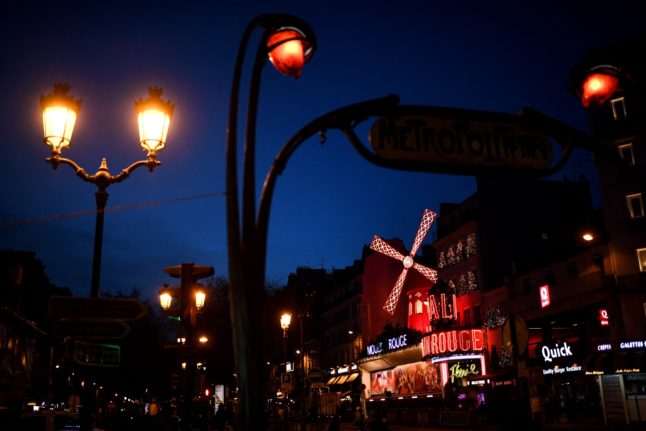Under-26s, the low-paid and unemployed, disabled people, teachers and journalists all qualify for free entry to French museums, while for everyone else there is ‘free museum Sunday’.
The below rules apply to museums and galleries run or partly funded by the French state, which includes most of France’s most famous museums. Those run by private individuals or trusts may have different rules.
For the best-known museums it’s a good idea to book online in advance in order to avoid queues. Some museums allow booking online for free tickets – when you book you will be given options to buy discounted or free tickets, and you will need to show proof of your eligibility when you arrive at the museum.
Children
Under 18s get free museum access, teenagers may need some form of photo ID to prove their age.
Young people
Since April, 2009, free access to the permanent collections of national museums has been granted to young EU nationals under the age of 26, and non-EU nationals who are resident in France or another EU country.
Eligible visitors have to present proof of nationality (passport or ID card) or of residency (long-stay visa or residency card) at the ticket desk.
Students
Students who are older than 25 can also qualify for free entry if they are studying at a French university.
Older visitors
People benefiting from the Allocation de Solidarité aux Personnes Agées (ASPA – the allowance paid to low-income seniors over 65 years old) have free access to exhibitions and national monuments throughout France.
Refugees
Refugees and asylum seekers also get free museum entry on production of documents showing their status.
Disabled entry
Free entry to permanent collections and temporary exhibitions for people with disabilities and an accompanying person, upon presentation of a disability or priority card) issued by the Maison départementale des personnes handicapées (MDPH).
Education
Teachers or teaching assistants working in French schools, colleges or high schools, public and private under contract (including AEFE) are eligible for an Education Pass, which entitles them to free access to the permanent collections of more than 160 museums and national monuments.
It is intended to allow teachers to prepare educational projects for their students, by offering direct access to materials and expertise and includes foreigners who are teaching in French schools as part of a study abroad or temporary residency programme.
Media
Journalists who hold a valid press card – French or international – can get into museums free of charge.
Those who wish to attend a cinema screening, theatre or musical performance will also need an additional card from the Fédération nationale de la presse française; while entry to sports events is accredited by the Union des Journalistes des Sport.
Local schemes
Many regions, departments and cities have set up their own local systems to attract visitors. This is the case, for example, of:
The Auvergne-Rhône-Alpes region has its Pass’region, Bordeaux’s Carte Jeune is worth a look; Toulouse promotes its Carte Toulouse Cultures, and so on.
Eligibility conditions vary depending on the local authorities: some favour young people, students, high school students, college students. Others will include older people.
To find out about all the cultural offers available near you what you have to do to profit from them, visit a museum or tourist office.
Free museum Sundays
And if you don’t qualify in any of the above categories, entry to permanent exhibitions is free at many museums across France, on the first Sunday of the month.
This extends to state-run museums which includes, for example, most of Paris’ most famous museums.
Since free museum days are naturally popular, it’s a good idea to reserve tickets online in advance and in fact for some of the biggest museums advance registration is compulsory. Some also have different ‘free’ days, so check the website before you go.
Some museums offer this all year round, others offer it for part of the year, usually outside the main tourist periods – check in advance on the website.
And don’t forget the Nights at the Museum events, which take place across Europe.



 Please whitelist us to continue reading.
Please whitelist us to continue reading.
The Louvre changed free admission on 1st Sunday of the month to 1st SATURDAY evening of the month on 5 Jan 2019. In June 2022 free admission commenced on 1st FRIDAY of the month after 6pm (except Jul + Aug). https://www.louvre.fr/en/visit/hours-admission#ticket-prices
The Louvre has not been free on first Sunday for years. If you check their web site, it says, “All visitors – On the first Friday of the month after 6 p.m. (except in July and August)”
This has been pointed out to The Local before when Genevieve mentioned it. She corrected it in her column.
Please share the info . . and probably check the d’Orsay web site for their hours.